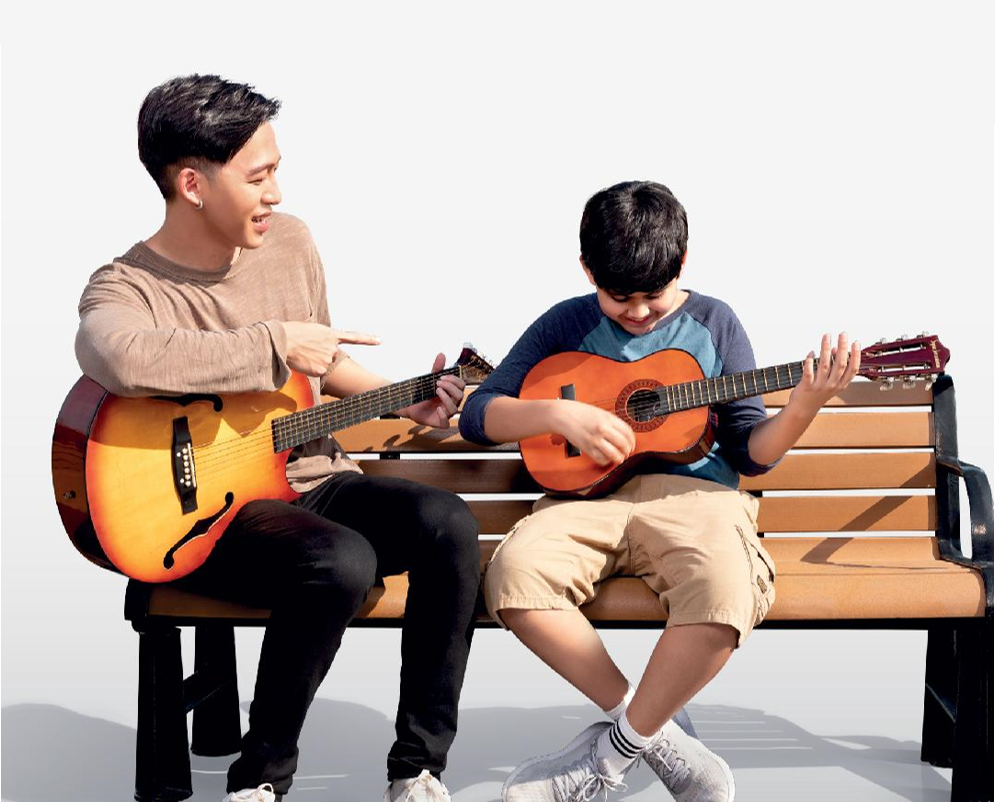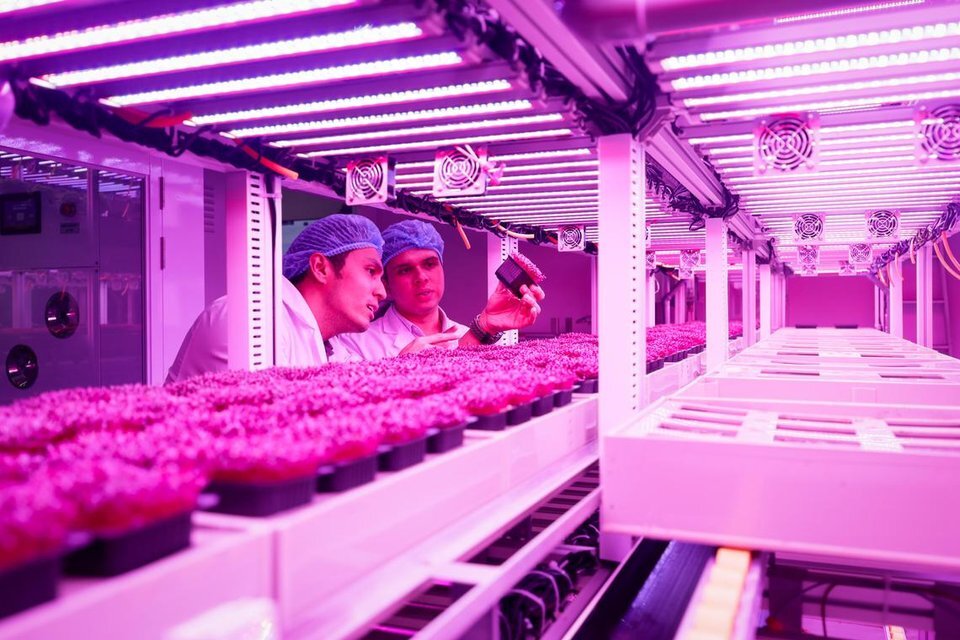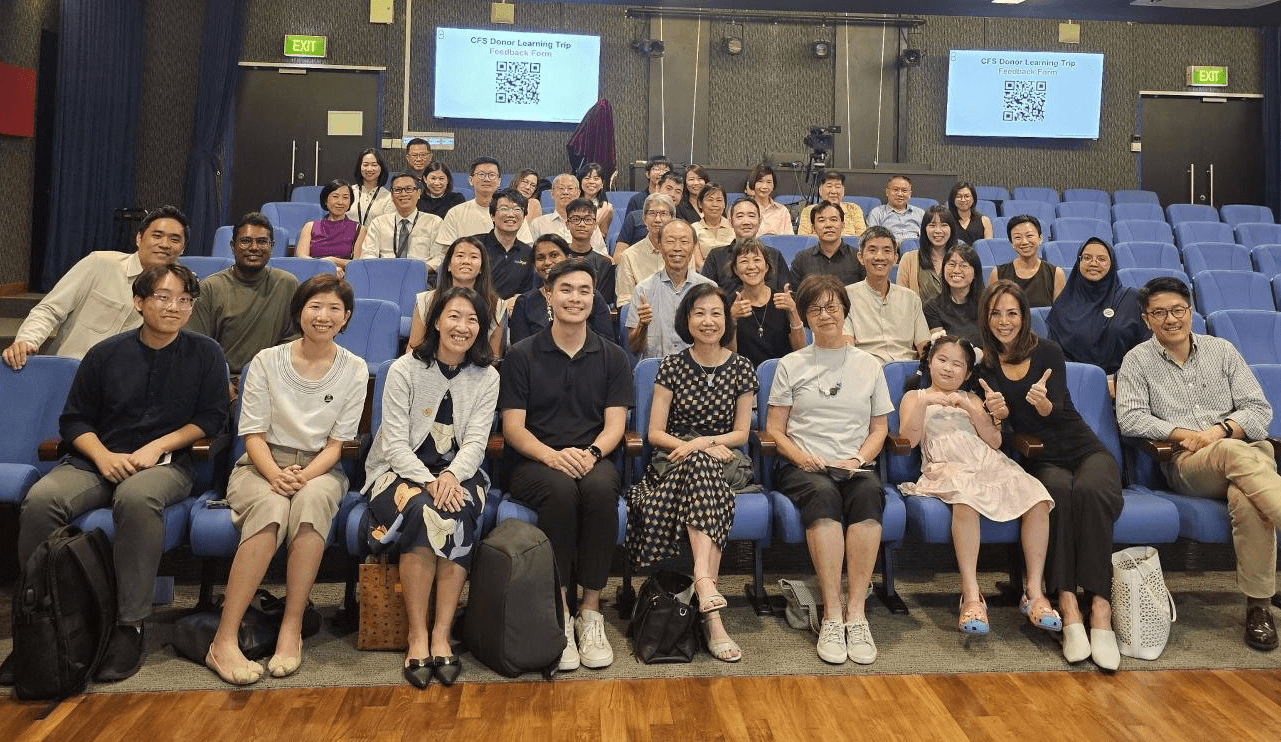Join CFS as we do our part for SG Giving Week 2021


The Community Foundation of Singapore (CFS) is pleased to be a part of SG Cares Giving Week 2021, co-driven by NVPC, NCSS and Singapore Cares.
Discover how giving can give you purpose, hope and life. Start by giving your Time, Talent, Treasure, Voice to support the causes you are passionate about, in all ways, big and small.
Join CFS as we do our part for SG Giving Week:
Together, let’s build a Singapore that cares! Find out more on givingweek.sg.
The Community Foundation of Singapore (CFS) is pleased to be a part of SG Cares Giving Week 2021, co-driven by NVPC, NCSS and Singapore Cares.
Discover how giving can give you purpose, hope and life. Start by giving your Time, Talent, Treasure, Voice to support the causes you are passionate about, in all ways, big and small.
Join CFS as we do our part for SG Giving Week:
Together, let’s build a Singapore that cares! Find out more on givingweek.sg.
- Related Topics For You: EVENTS, PARTNERSHIP STORIES



